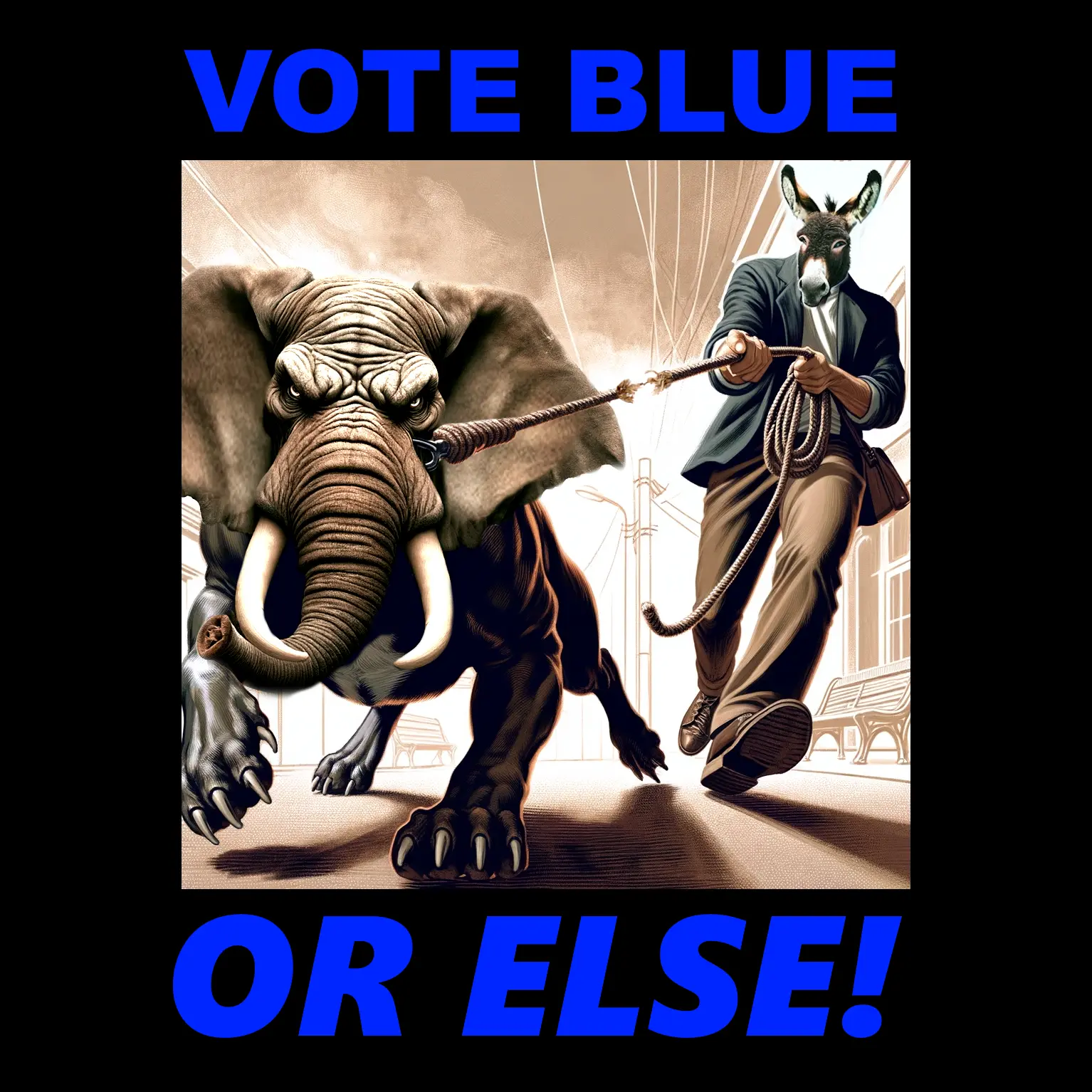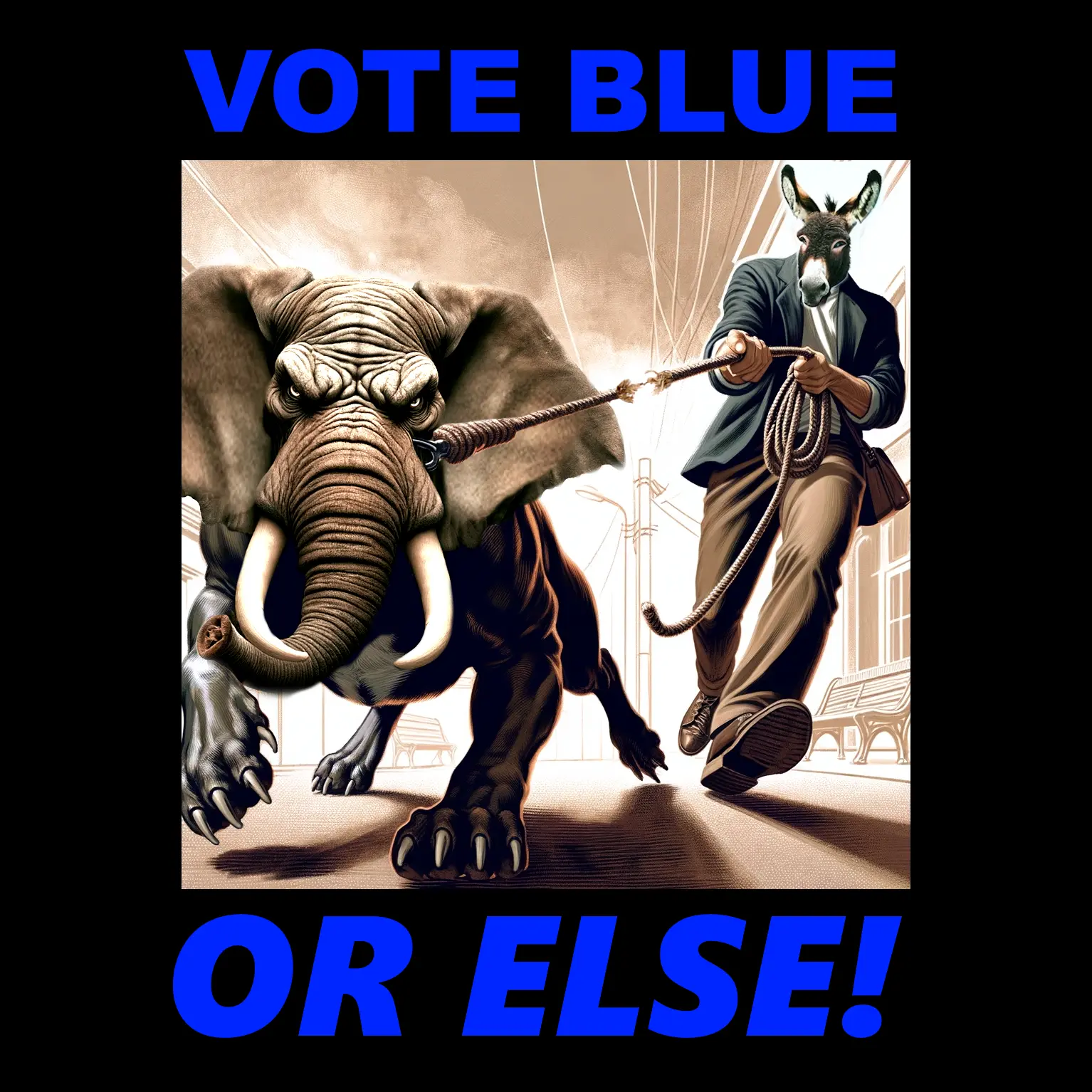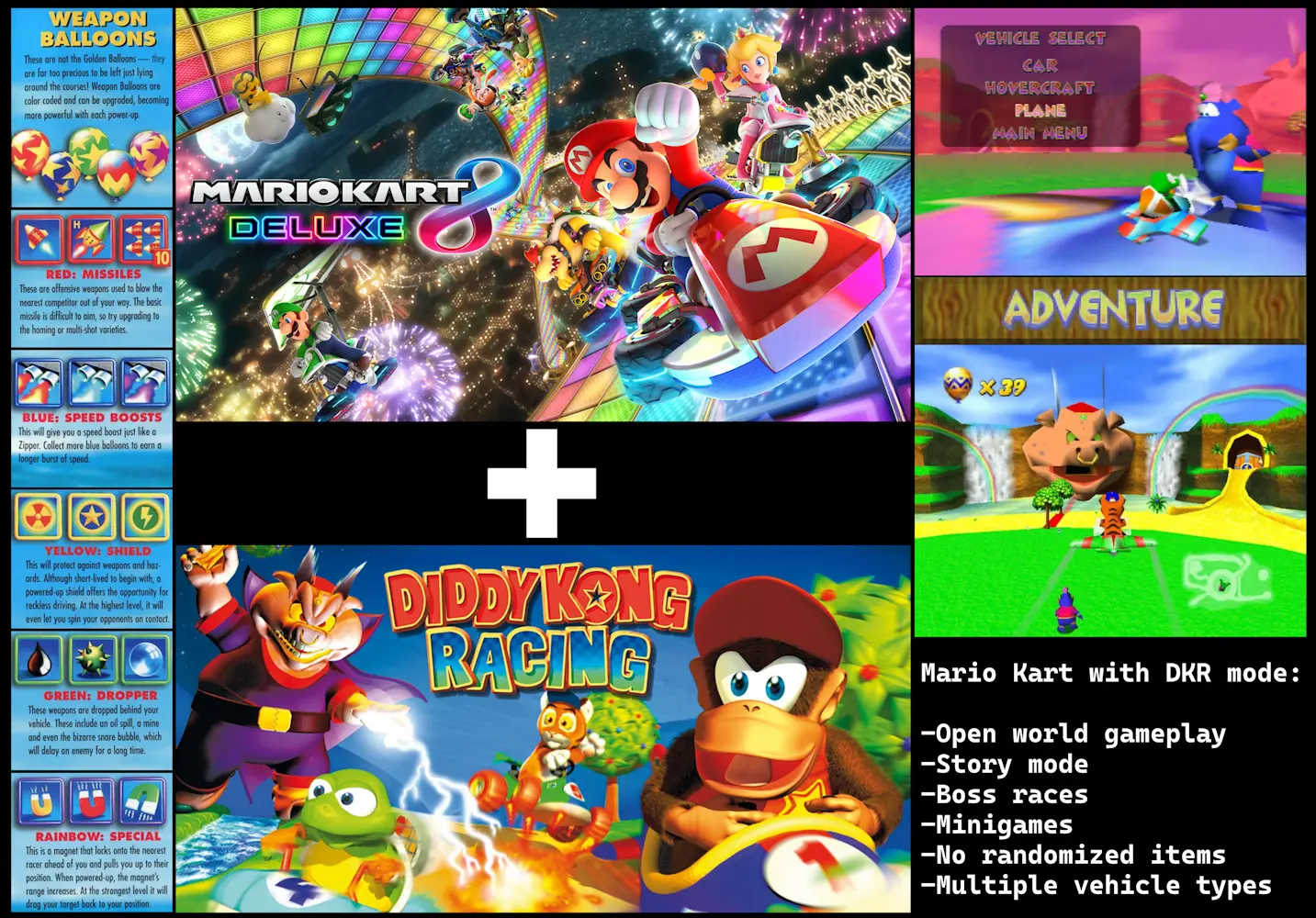The Nazis were there, but it was primarily anarchist back then. "/b/ is not your personal army," was the response to anybody trying to be an activist.
4chan back before the Nazi takeover was like the wild west. My favorite part was "Lithursday," when we would share images with embedded PDFs of copyrighted content, including rare books, anarchist materials, and military manuals. I often wonder if those unusually large .jpgs are still floating around the internet waiting to be unlocked. I also saw legitimate acts of activism and terrorism unfolding live, without the interpretation and propaganda of the state.
Zionism and Israel were part of the Nazi plan to tie Judaism to a nationality. The "stateless Jew" problem is really an allegiance to authority problem. It comes down to national identity over spiritual gnosis in every conflict where people resist power. Even Jesus was crucified for threatening the authority of the Roman empire, and in mere decades they claimed ownership over his followers and used the Gospels to justify nationalist conquest.
Still, you spit your venom, demonising immigrants
When really, you're an immigrant
'Cause all of us are immigrants
Or descended from immigrants
The irony is imminent, I'll shed the light on immigrants
America was colonised by Britain
Britain, it was colonised by Rome
Also, colonised by the Saxons
They were German, by the way
You know how people throw shade upon the Germans
'Cause of history's pain
And yet we make the same mistakes all again
Demonise a whole people, Jewish or Muslim the same and the same
Old situations play on repeat
The same old TV shows repeat
Yeah, we worship the bleak
Our opinions aren't our own and we follow like sheep
There's no left, there's no right
In the middle we sleep
~Ren, Money Game Pt.1
Because Democrats don't want politicians to be held accountable for their abuses of power either.
The very nature of democracy is a collective negotiation between the "huddled masses yearning to breathe free," and those in power who can only remain in their positions as a result of that collective suffering. Government is a religion of ignorance, and politicians are the clergy.
Since he's a narcissist, he only actually cares because he can relate personally. If he was married to a natural born American he'd stay silent.
Employers are never punished for using illegal labor.
I heard a couple nurses discussing how the ozempic pens at the nursing home were being stolen because it's so good at causing weight loss.
Put the racist under the horse so it looks like he's being trampled to death.
The public projections of a guy who sucks dick to feed his private addictions.








Turns out that's approximately 35mph